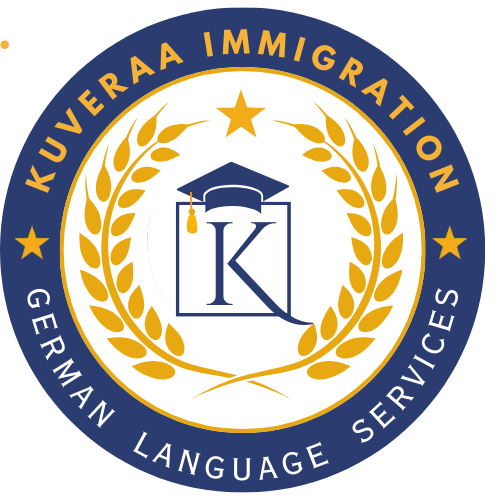Mechatronics Ausbildung
Mechatronics Training in Germany has the following salient features:
1. 3-4 year dual education program
2. Theoretical and practical training
3. Internship and practical year
1. 1-2 days/week
2. Subjects:
- Mechatronics fundamentals
- Electrical engineering
- Mechanical engineering
- Computer science
- Control systems
- Robotics
- Automation technology
1. 3-4 days/week
2. Hands-on training in:
- Electronics and electrical systems
- Mechanical systems and design
- Programming and software development
- Control systems and automation
- Robotics and mechatronic systems
1. Electronics and electrical systems
2. Mechanical systems and design
3. Programming languages (C++, Java, Python)
4. Control systems and automation
5. Robotics and mechatronic systems
6. Problem-solving and analytical thinking
7. Teamwork and communication
1. Automation technology
2. Robotics
3. Electrical engineering
4. Mechanical engineering
5. Computer science
6. Mechatronic systems design
1. Recognized certification as a Mechatroniker (Mechatronics Technician)
2. Eligibility for international certifications (e.g., Certified Mechatronic Technician)
3. Compliance with German industry standards
1. Age: 16-25 years old
2. Education: Secondary school diploma (Realschulabschluss or Abitur)
3. Language: Basic German language proficiency (B1-B2 level)
4. Health certificate
5. No criminal record
1. Mechatronics technician
2. Automation engineer
3. Robotics engineer
4. Electrical engineer
5. Mechanical engineer
6. Control systems engineer
7. Mechatronic systems designer
1. Starting salary: €35,000-€50,000/year
2. Experienced mechatronics technician: €55,000-€80,000/year
3. Senior mechatronics engineer: €80,000-€110,000/year
1. Job security
2. Opportunities for advancement
3. Continuing education opportunities
4. Health insurance
5. Pension scheme
1. Deutsche Gesellschaft für Mechatronik (DGM)
2. Fachhochschule München
3. Universität Stuttgart
4. Technische Universität Berlin
5. Akademie für Mechatronik
1. BAföG (Bundesausbildungsförderungsgesetz)
2. DAAD (Deutscher Akademischer Austauschdienst)
3. Stipendienlotse (Scholarship Guide)
1. B1-B2 level German language proficiency
2. DSH (Deutsche Sprachprüfung für den Hochschulzugang) or telc Deutsch C1
1. Research thoroughly
2. Ensure language proficiency
3. Meet deadlines
4. Prepare for interviews and assessments
5. Consider additional certifications or specializations
During Mechatronics Ausbildung in Germany
Employers typically provide the following facilities:

Uniforms and equipments

Meals or meal allowances

Travel allowances

Accommodation support

Health insurance contributions

Holiday pay and leave

Library and resource access

Mentorship and supervision

